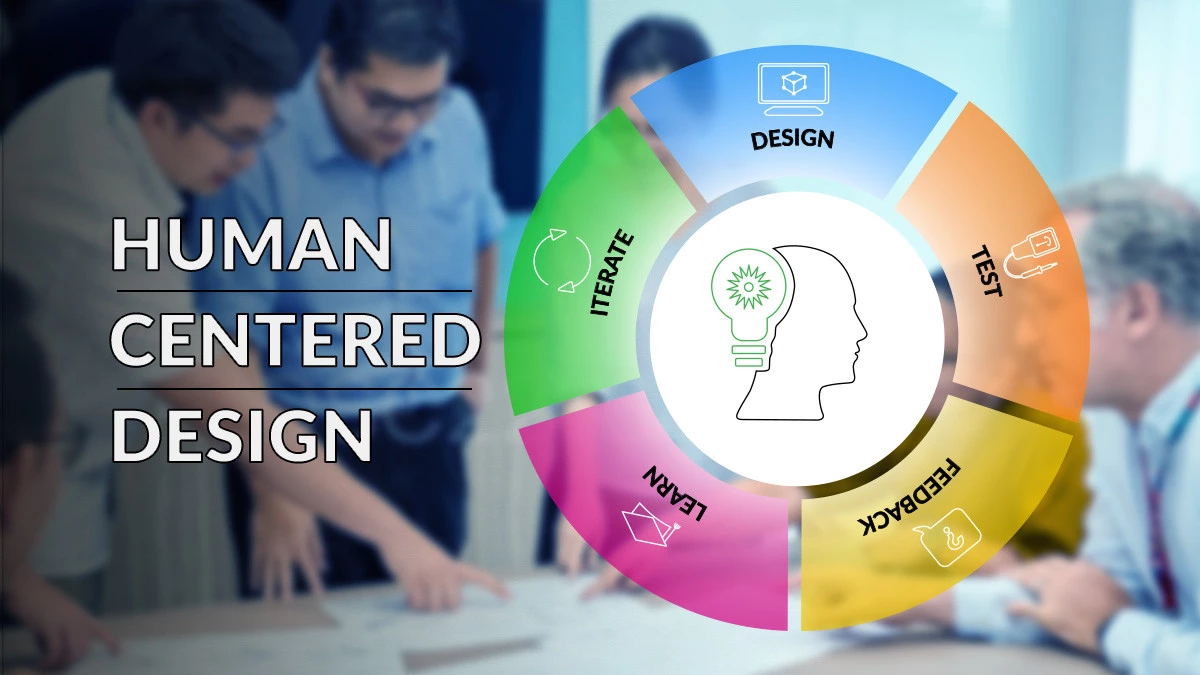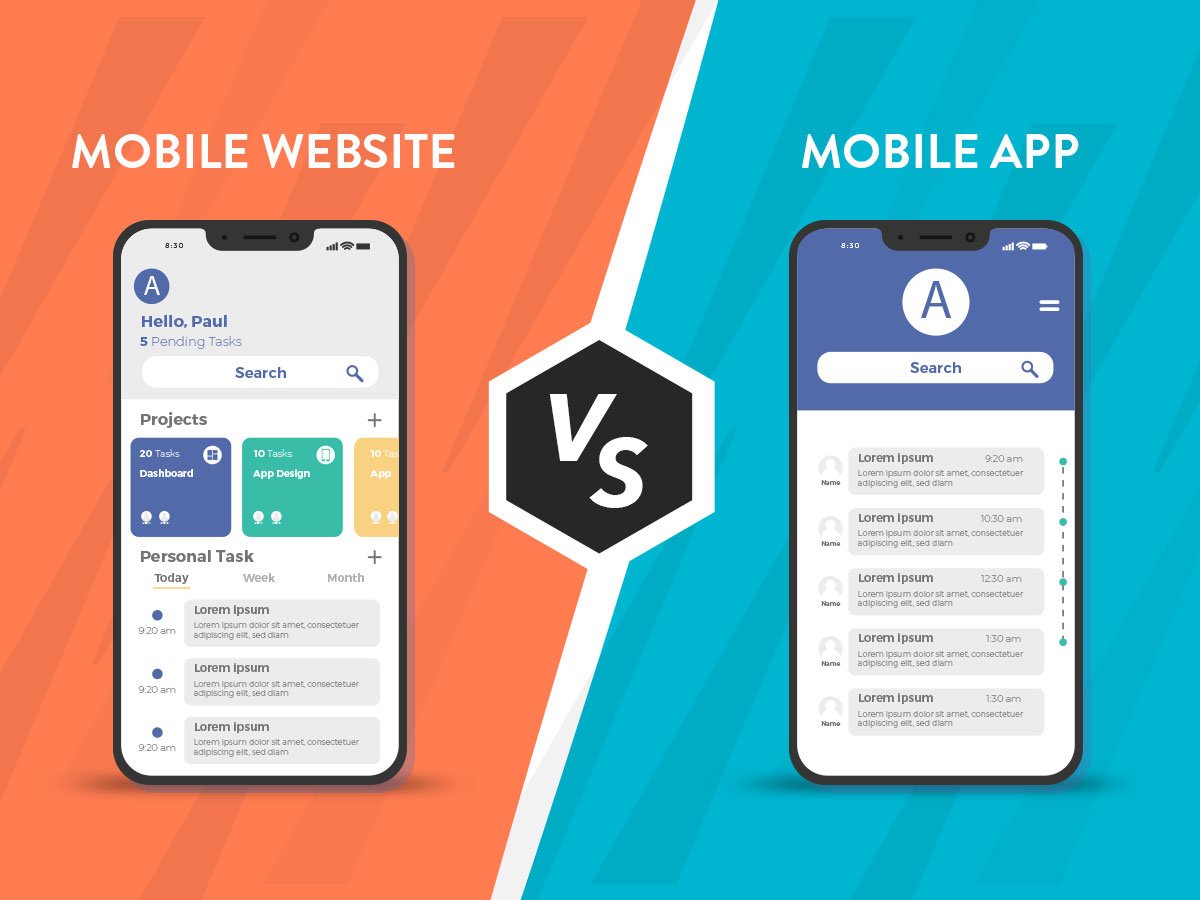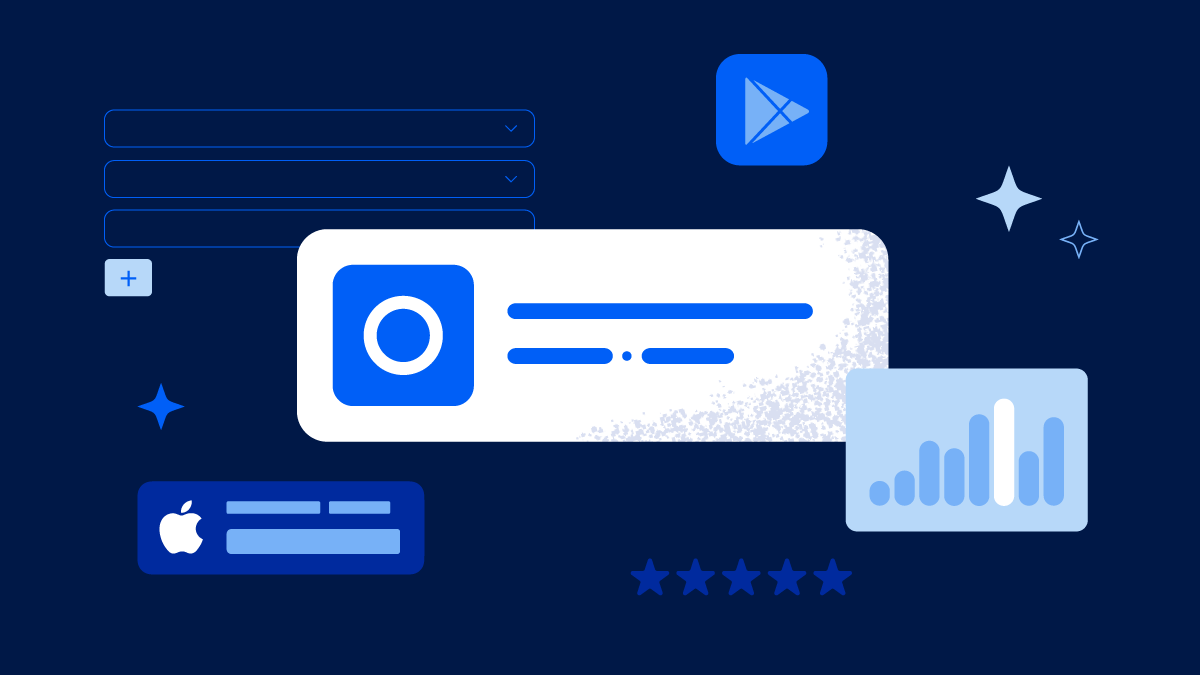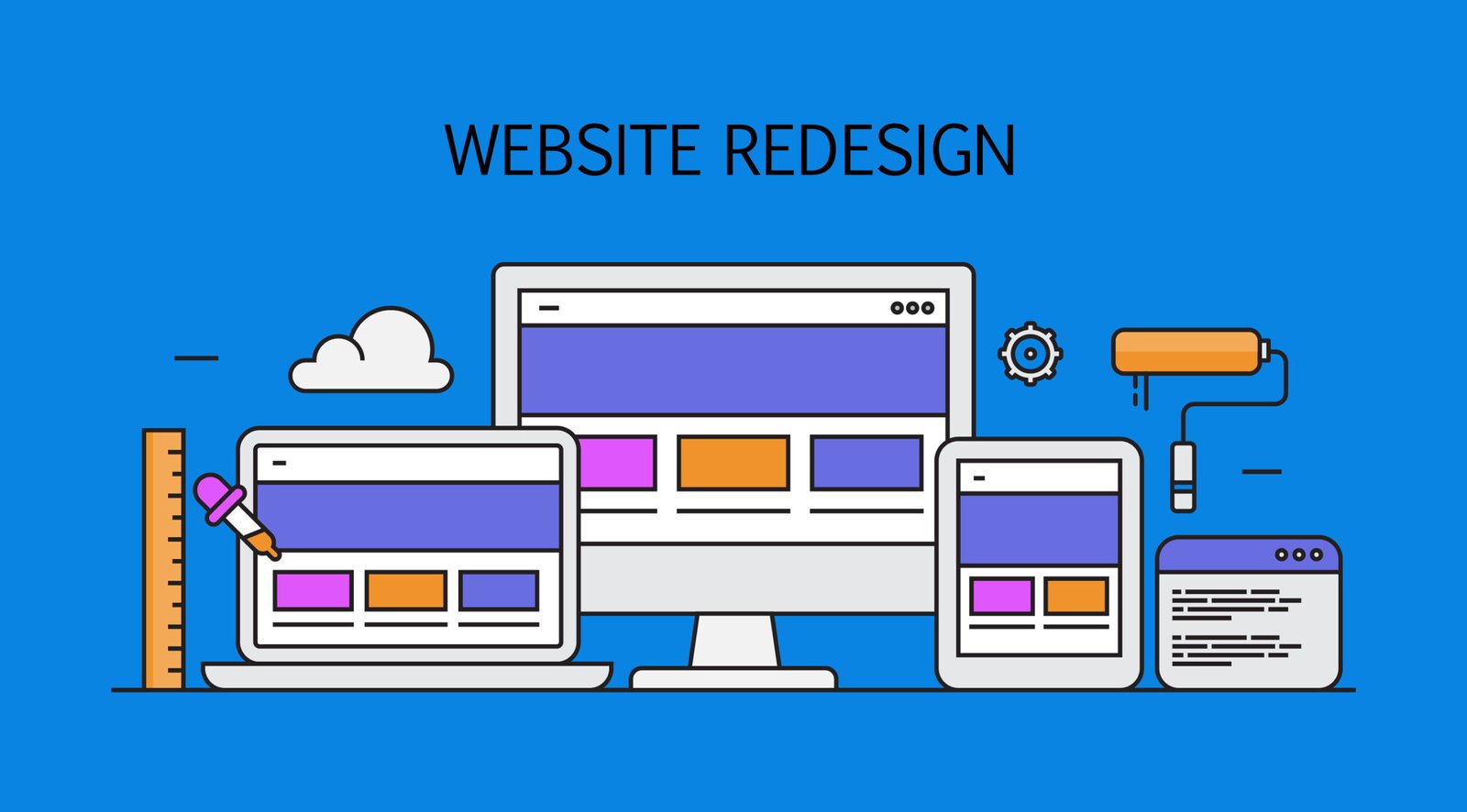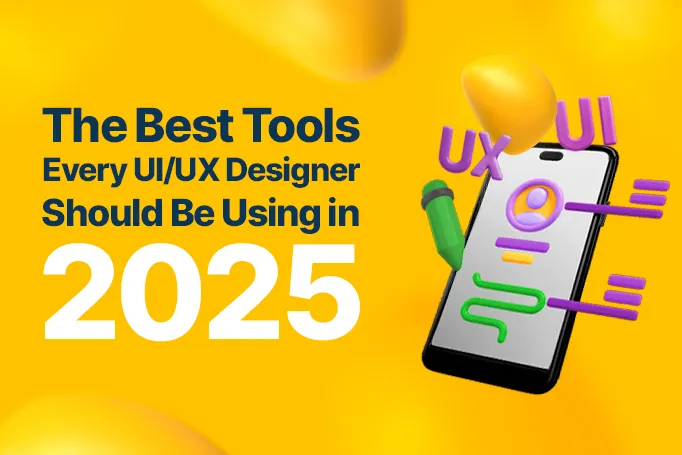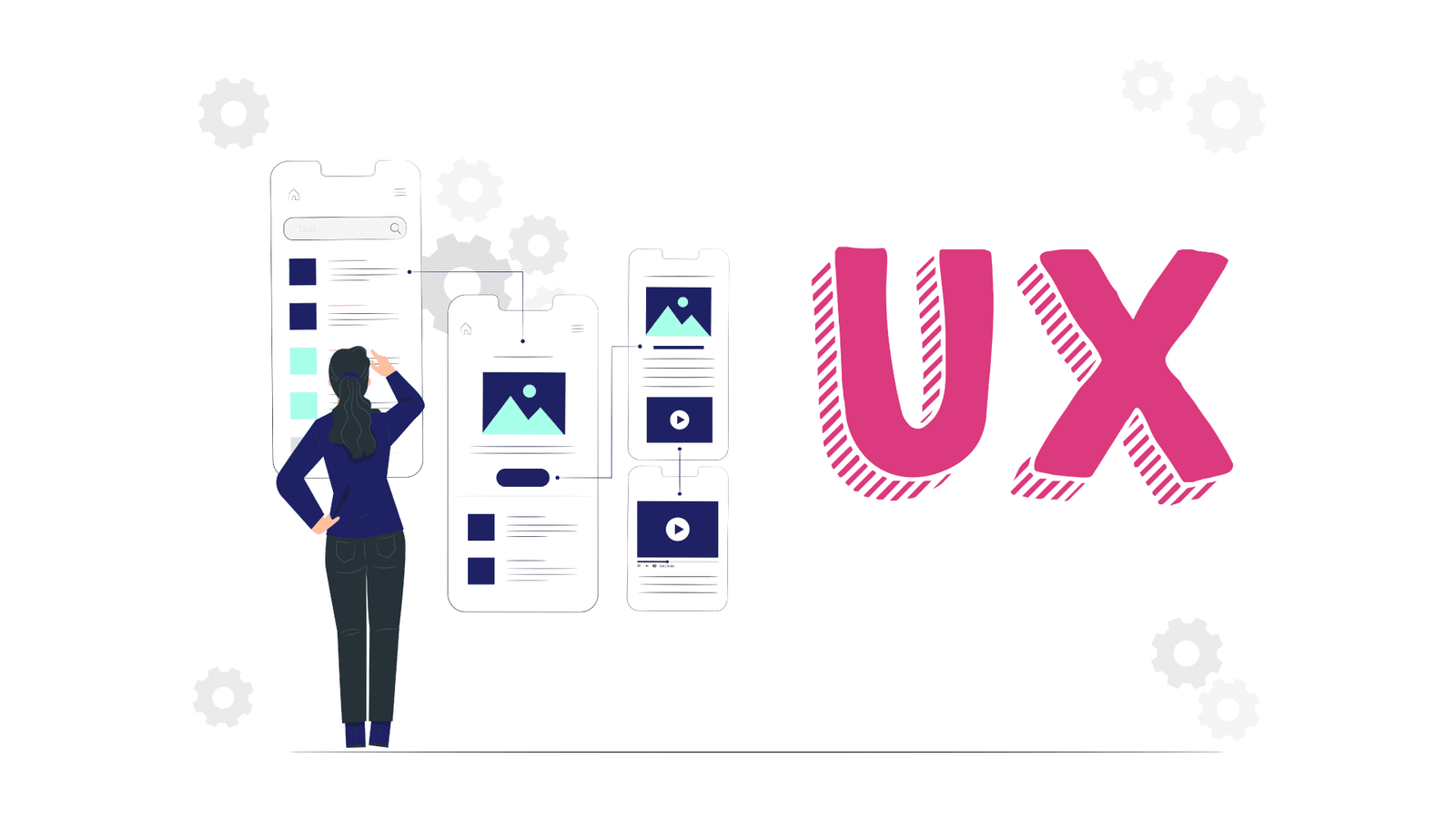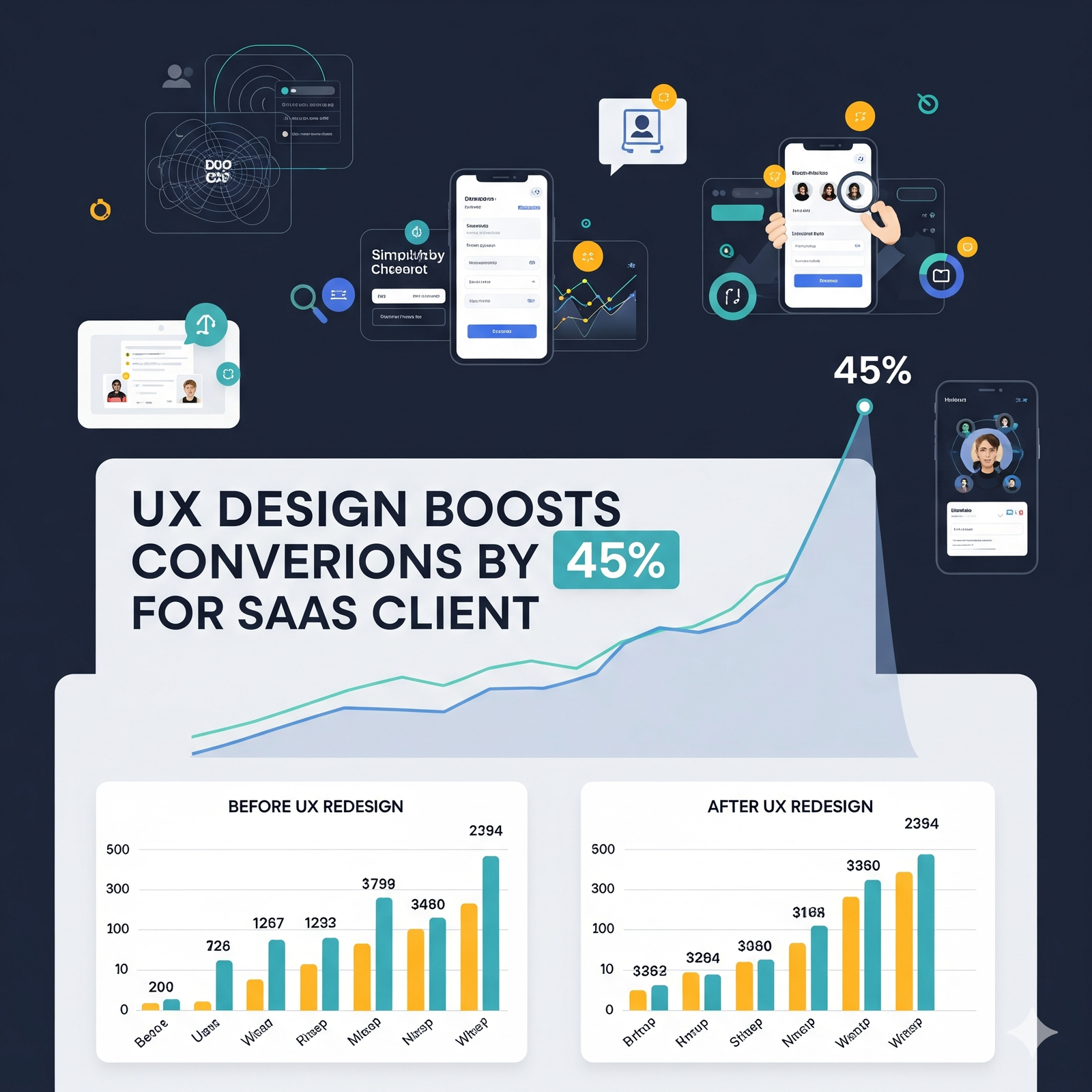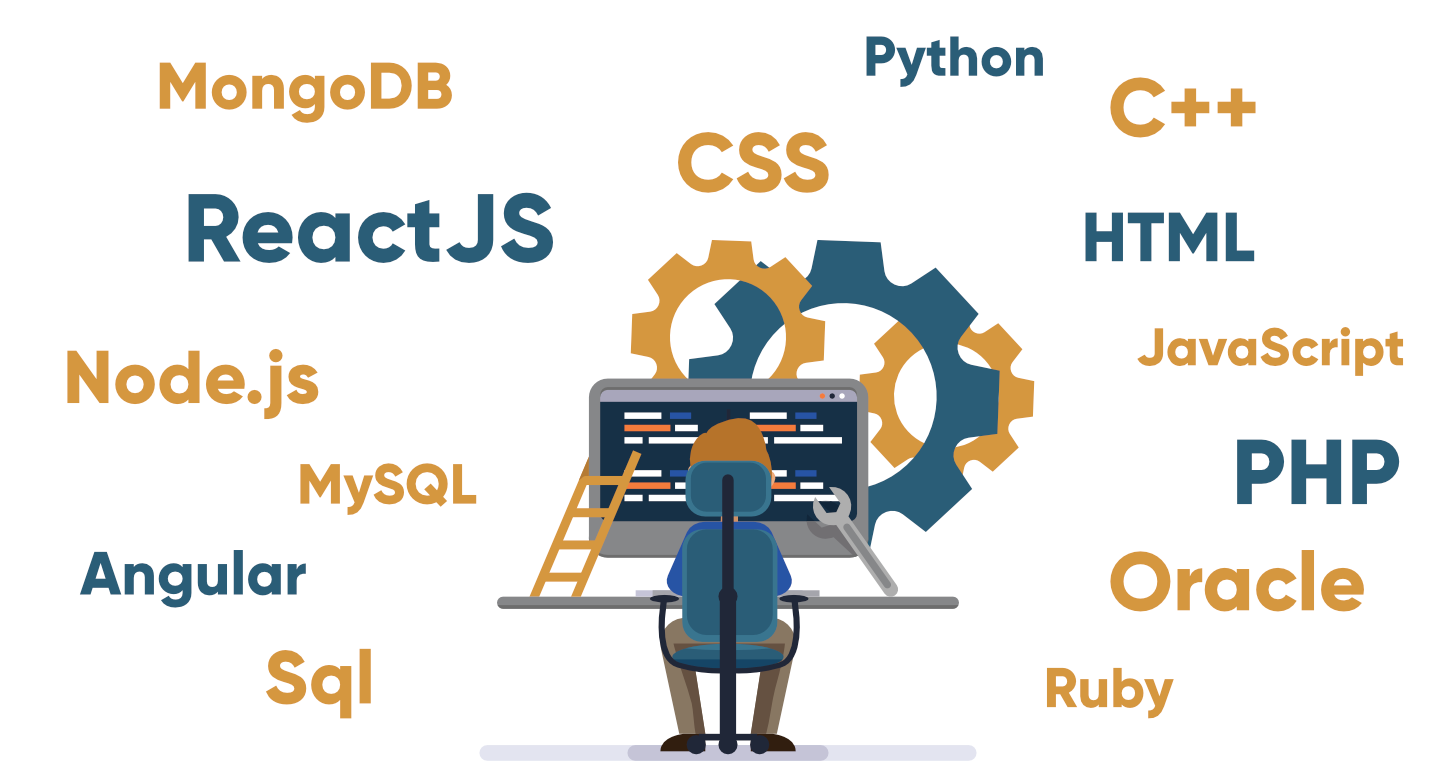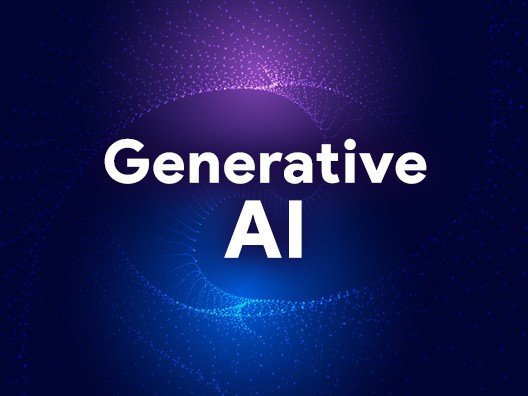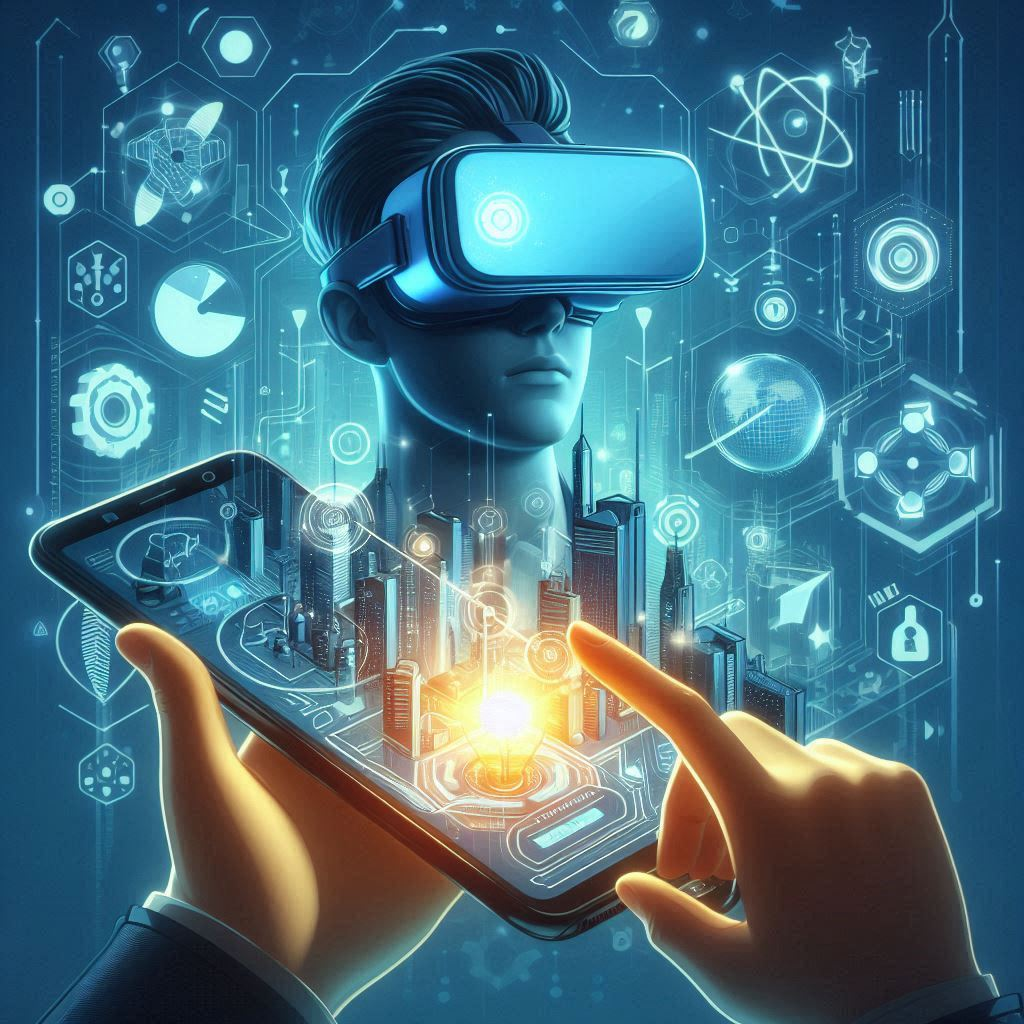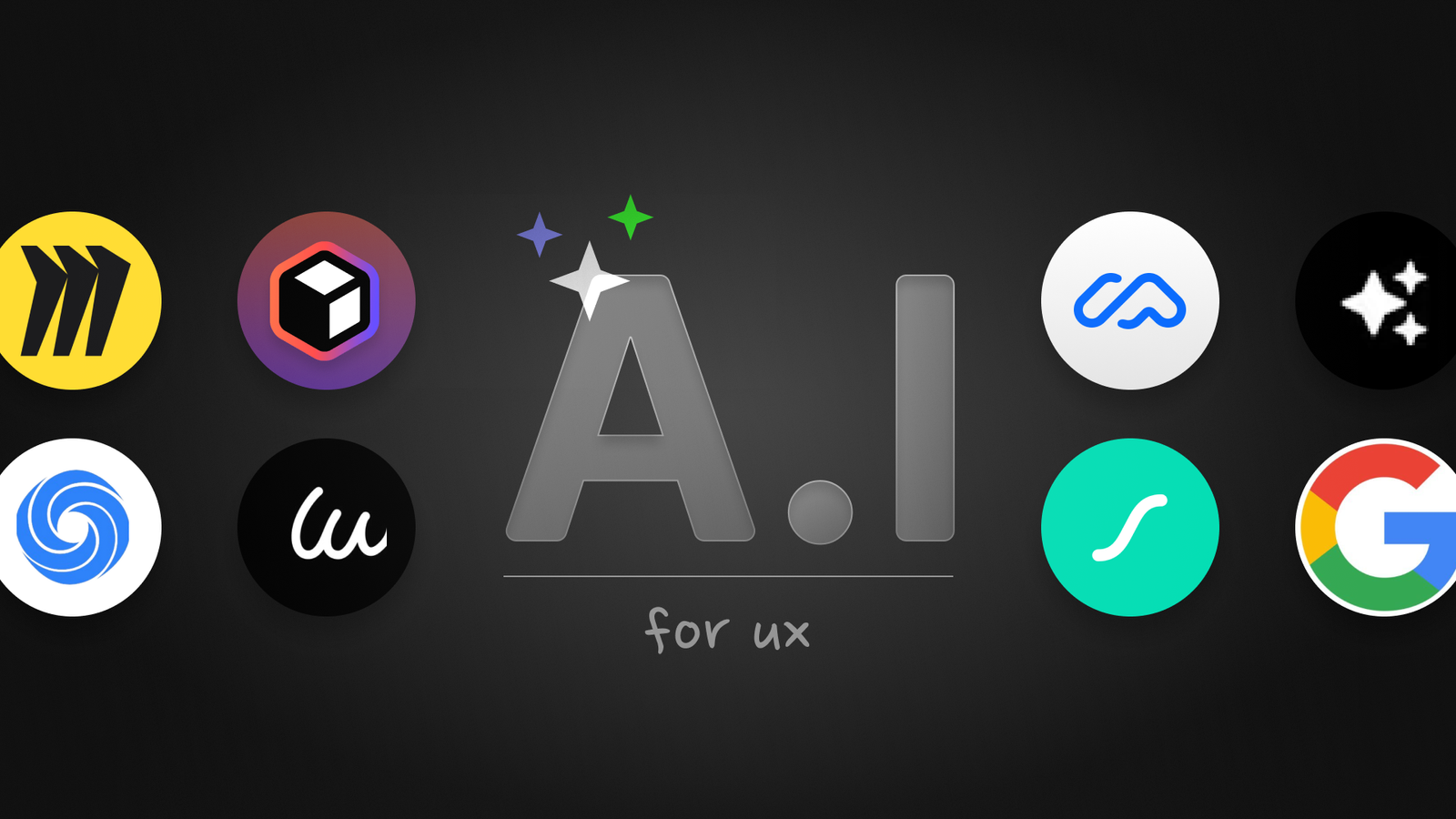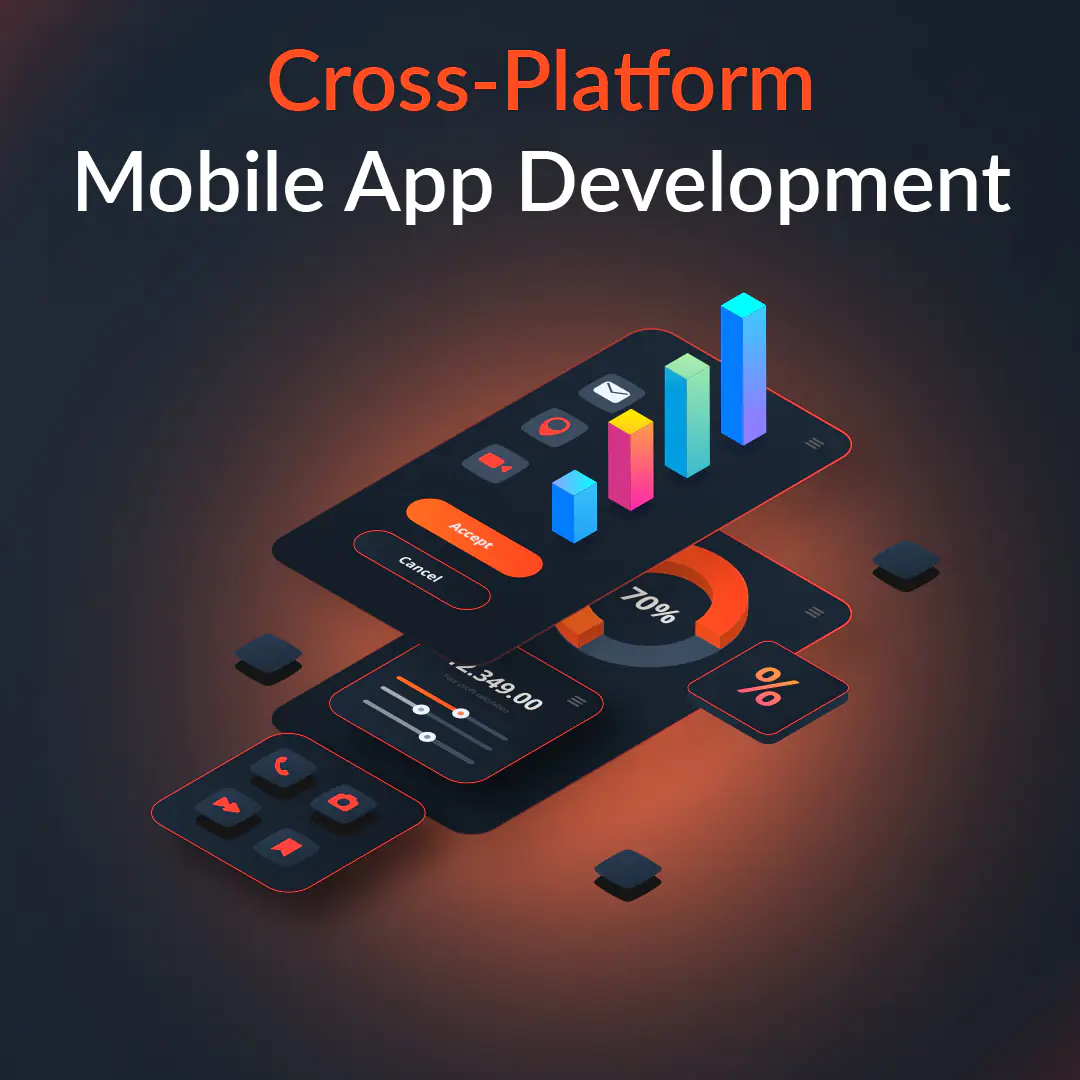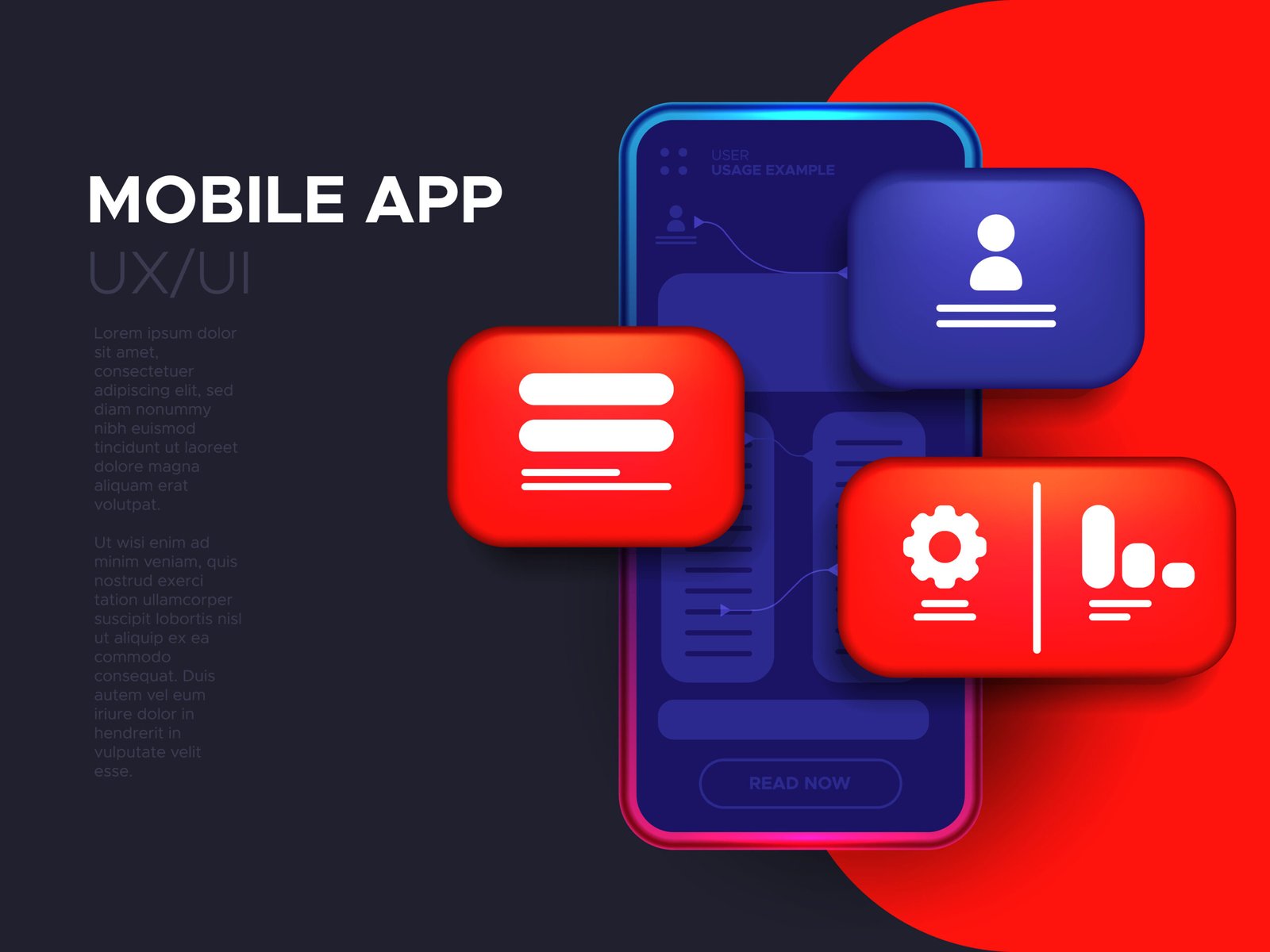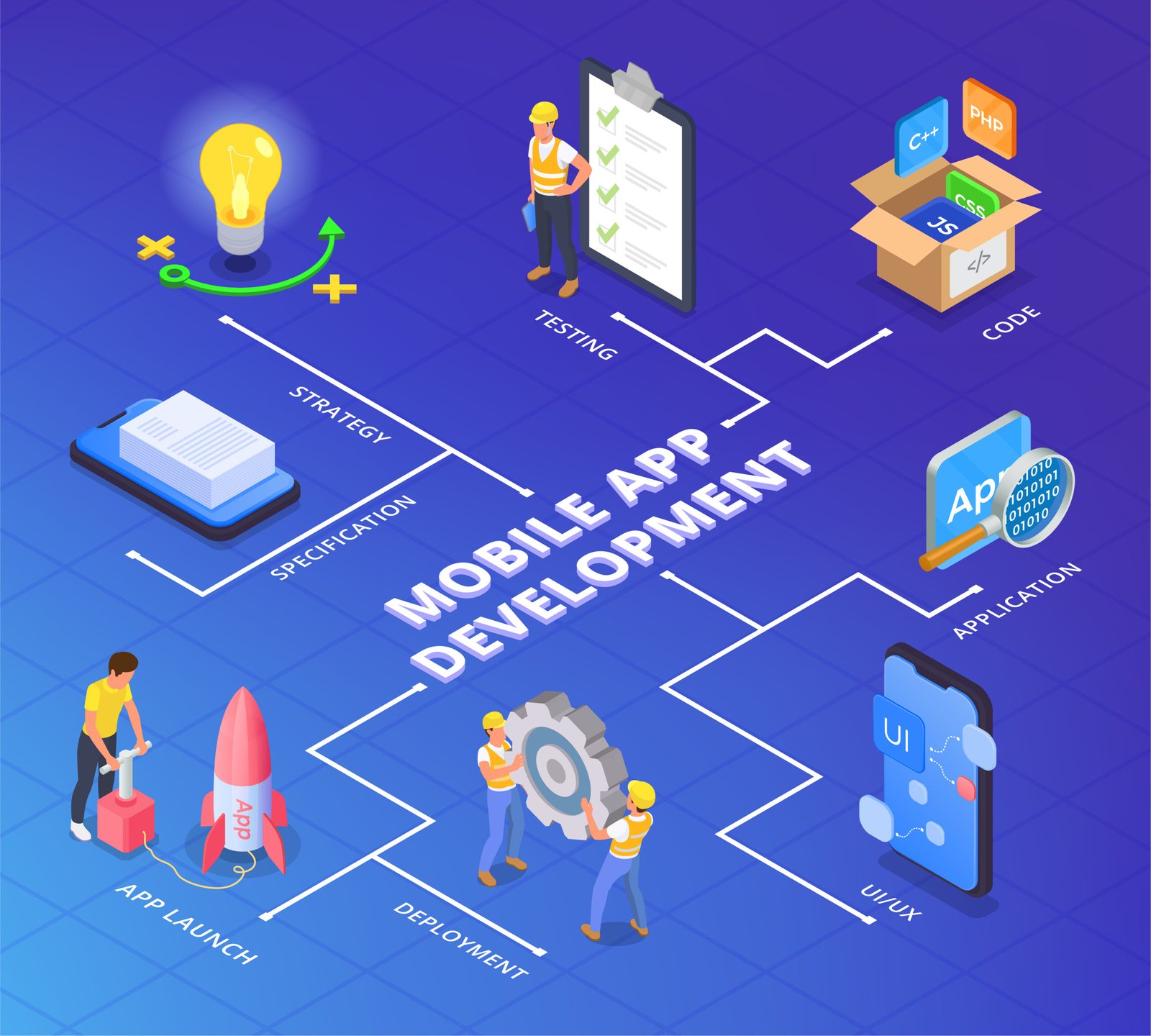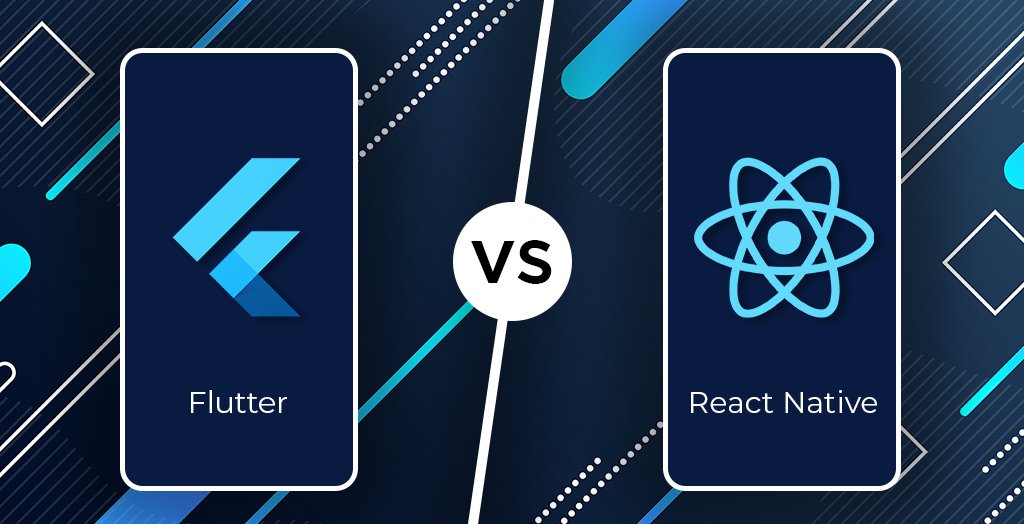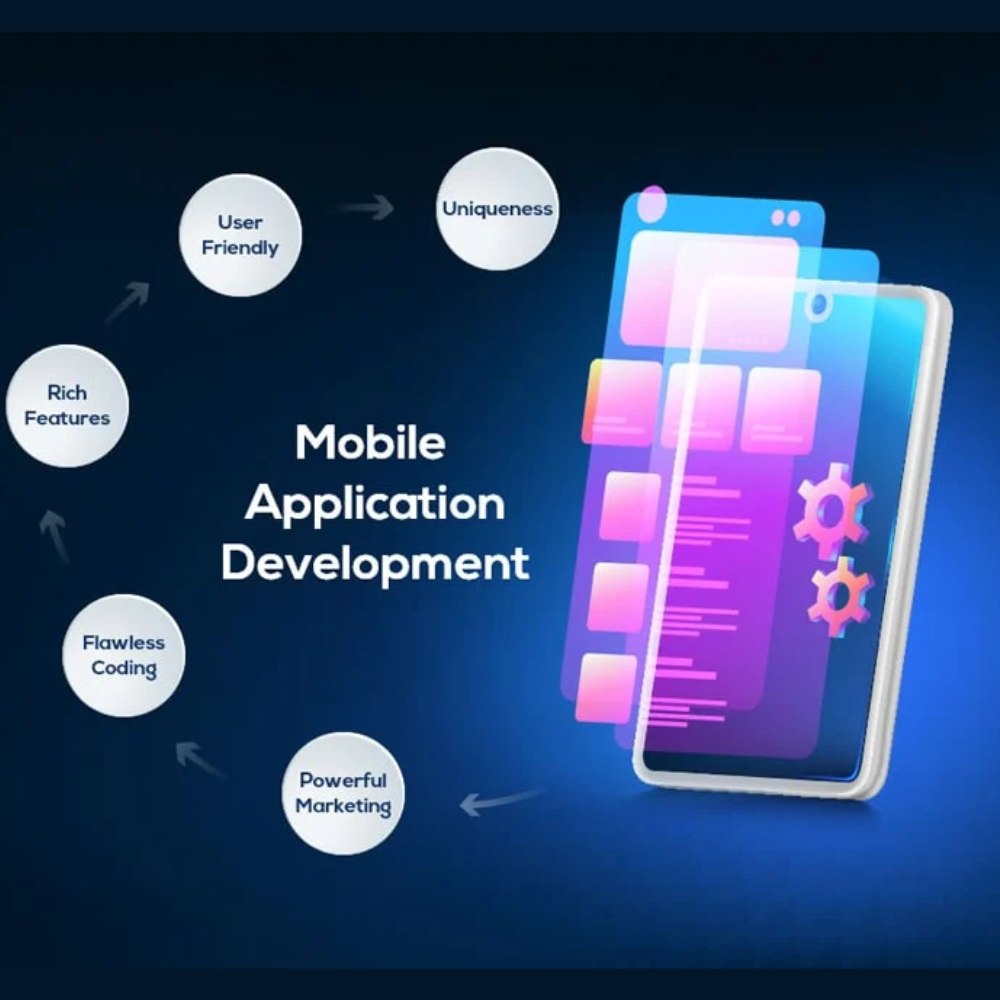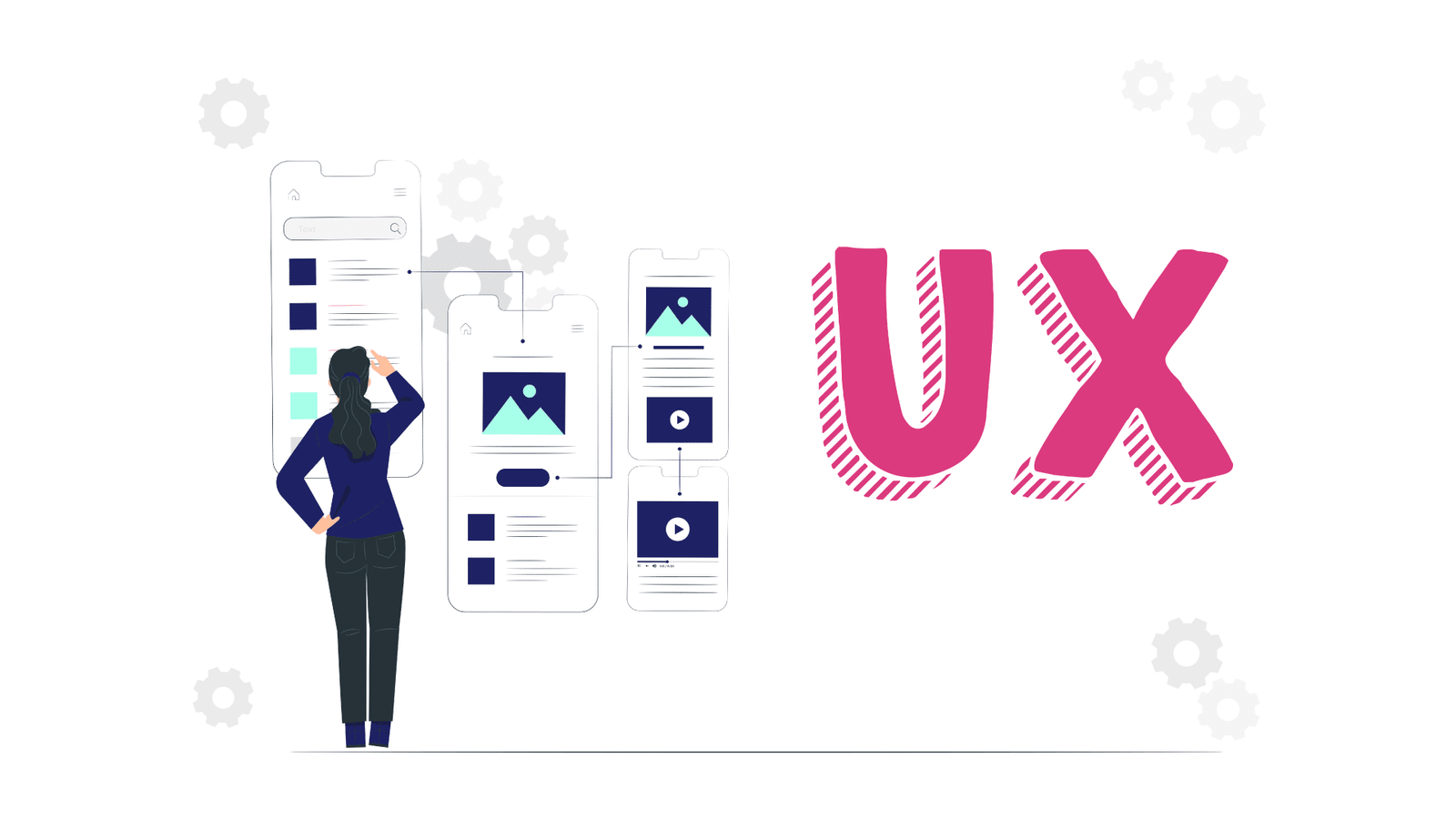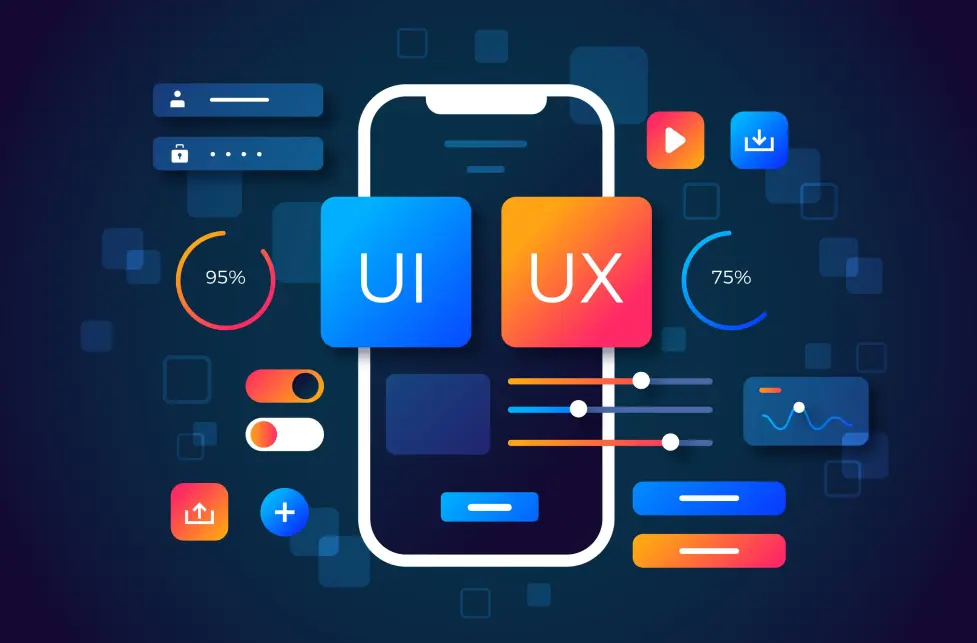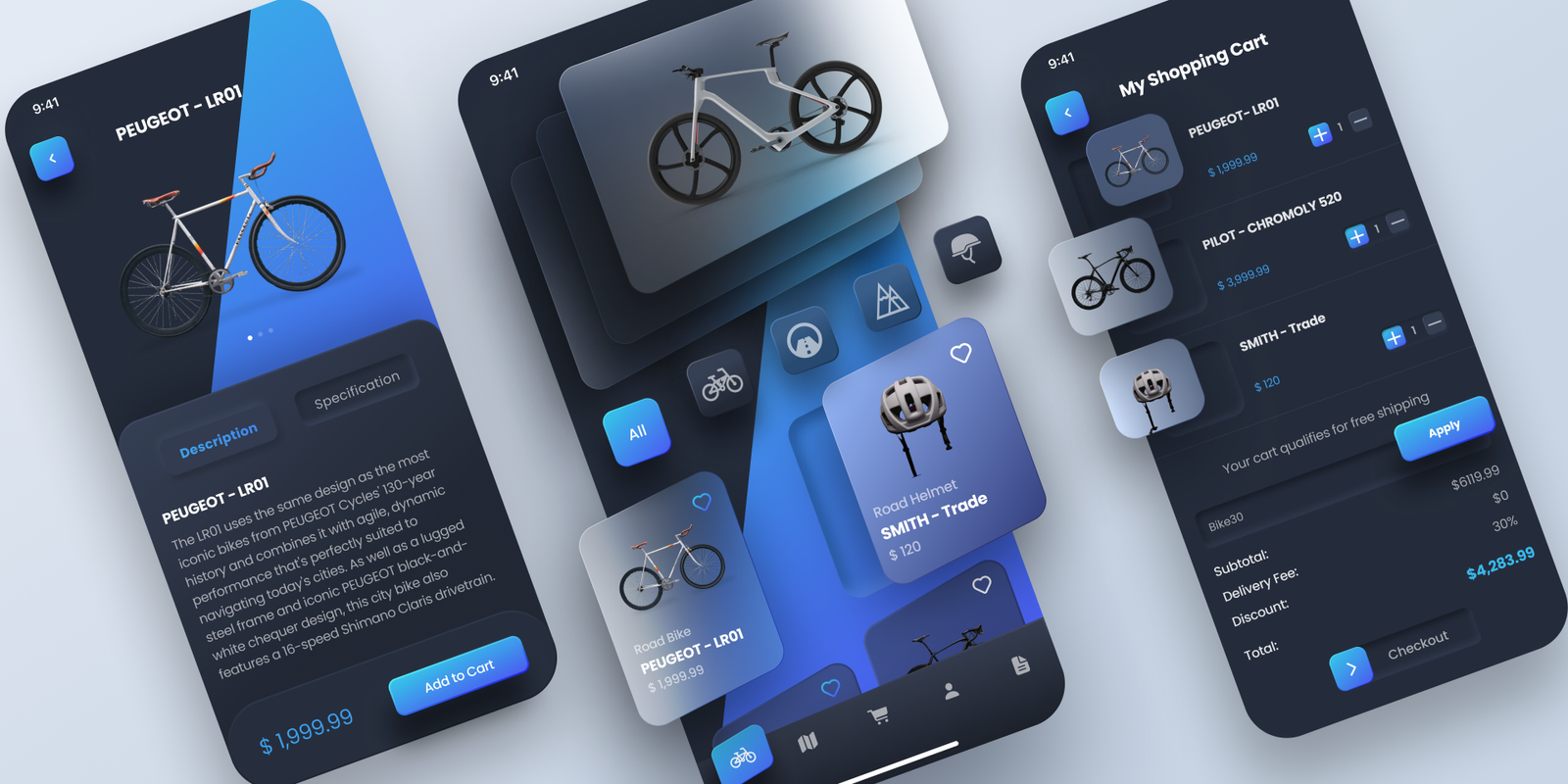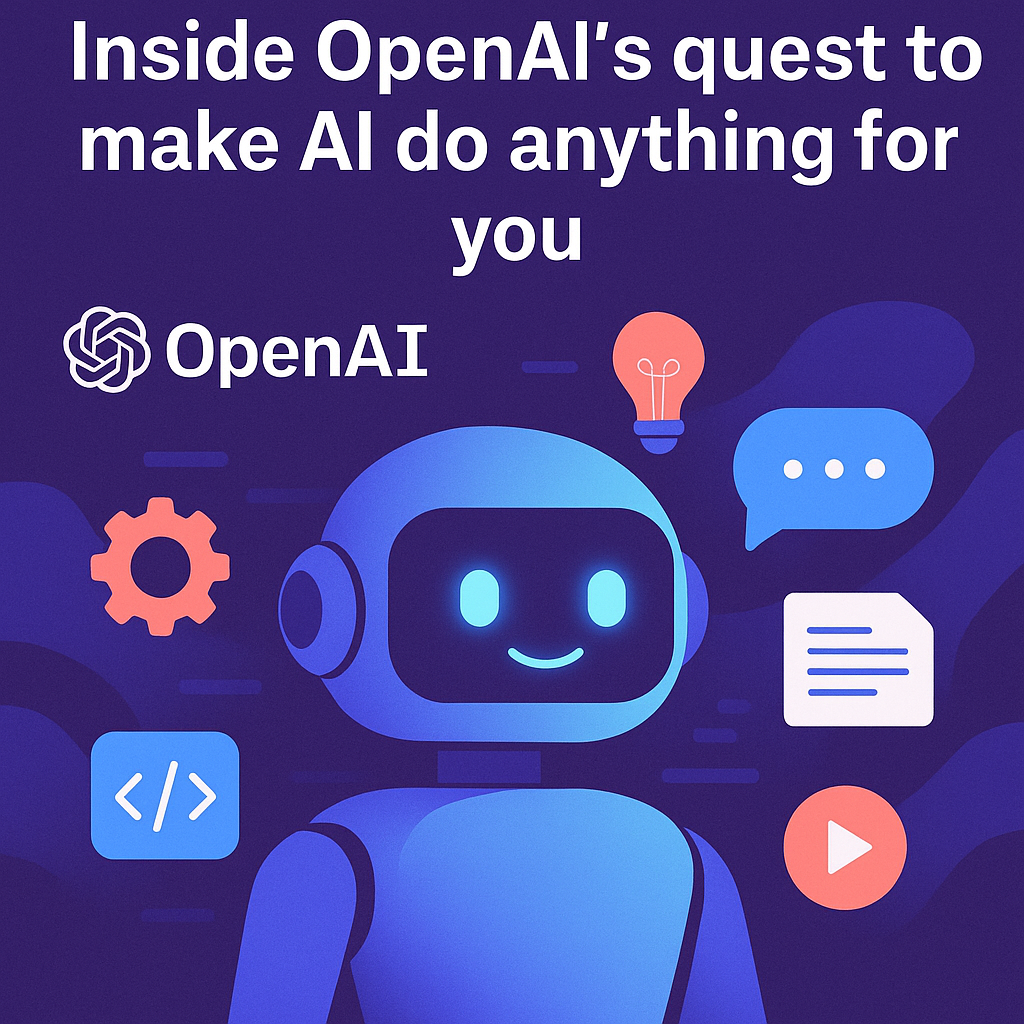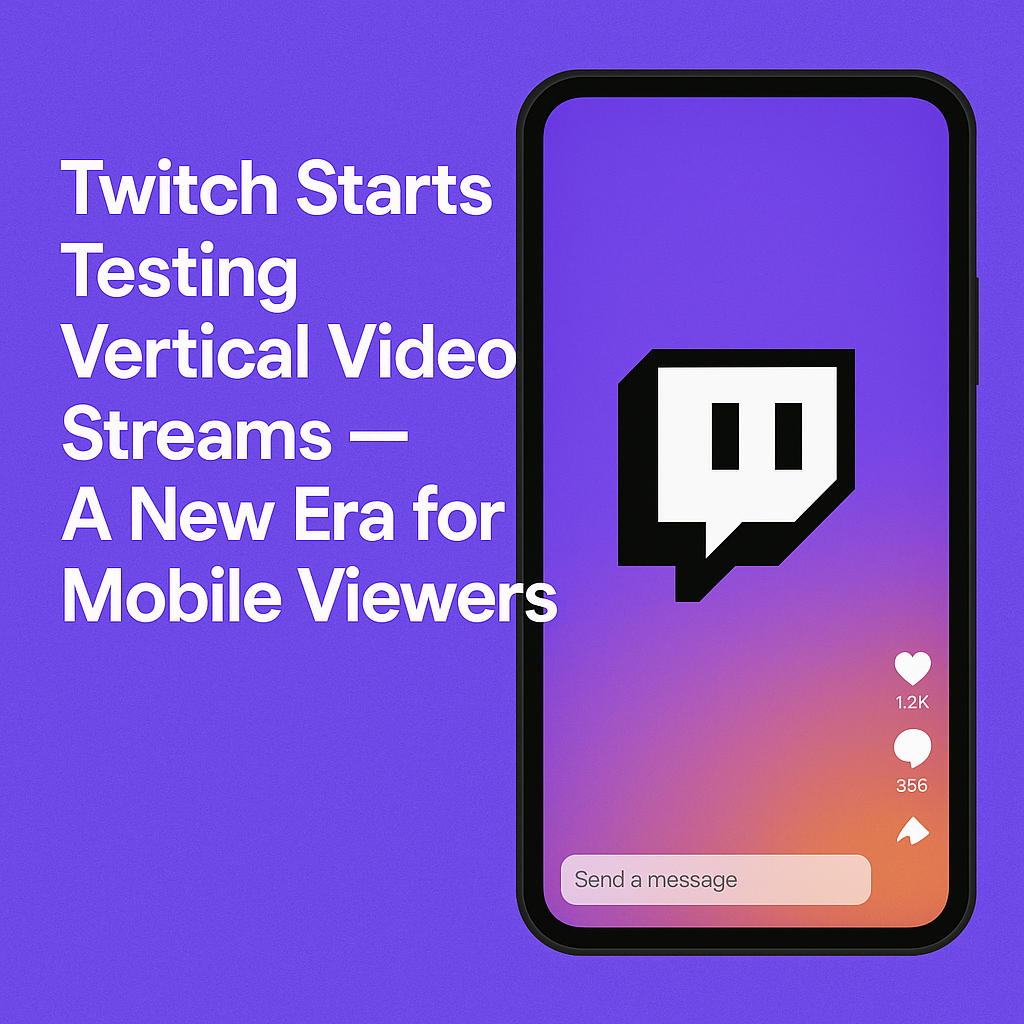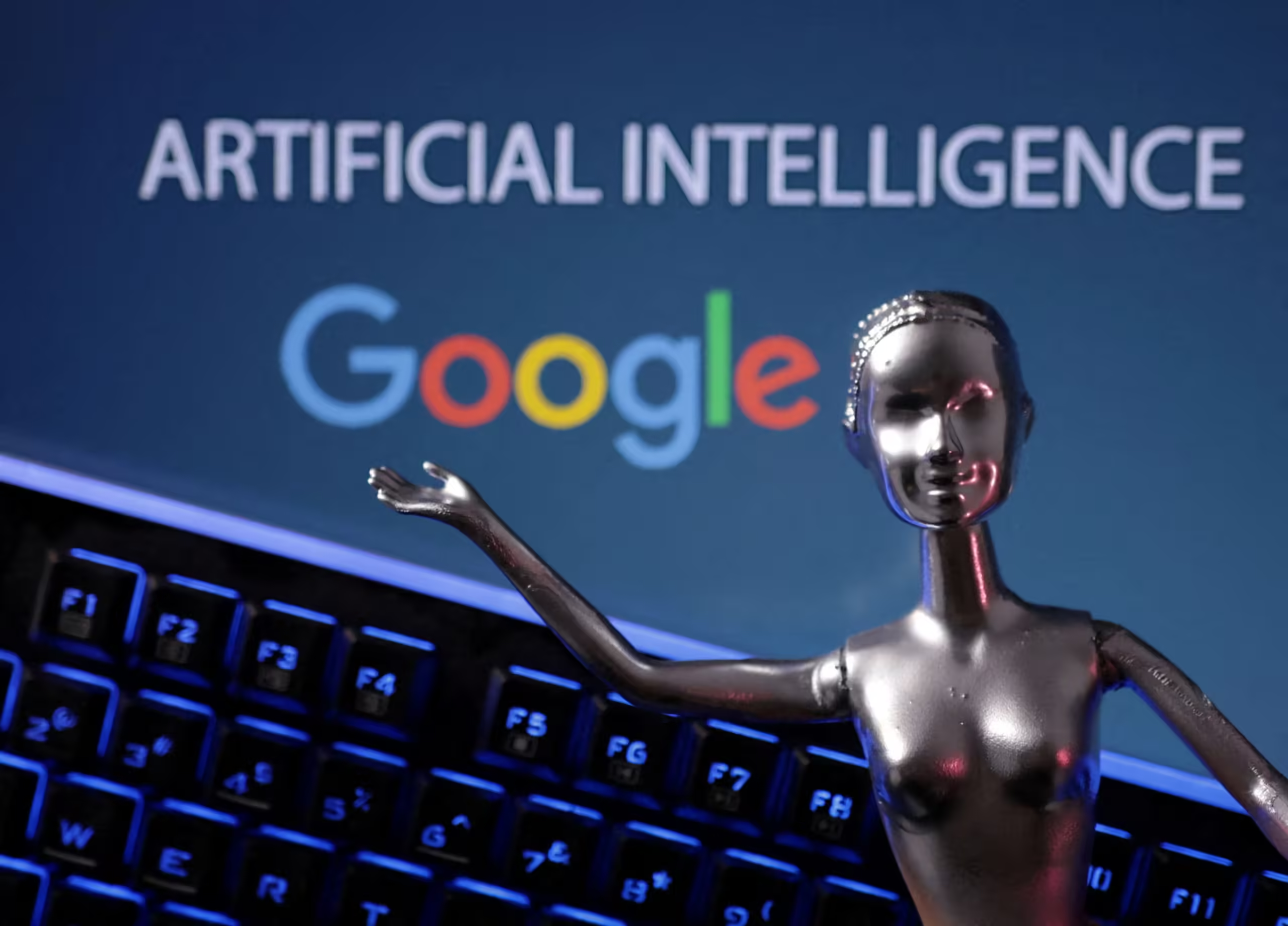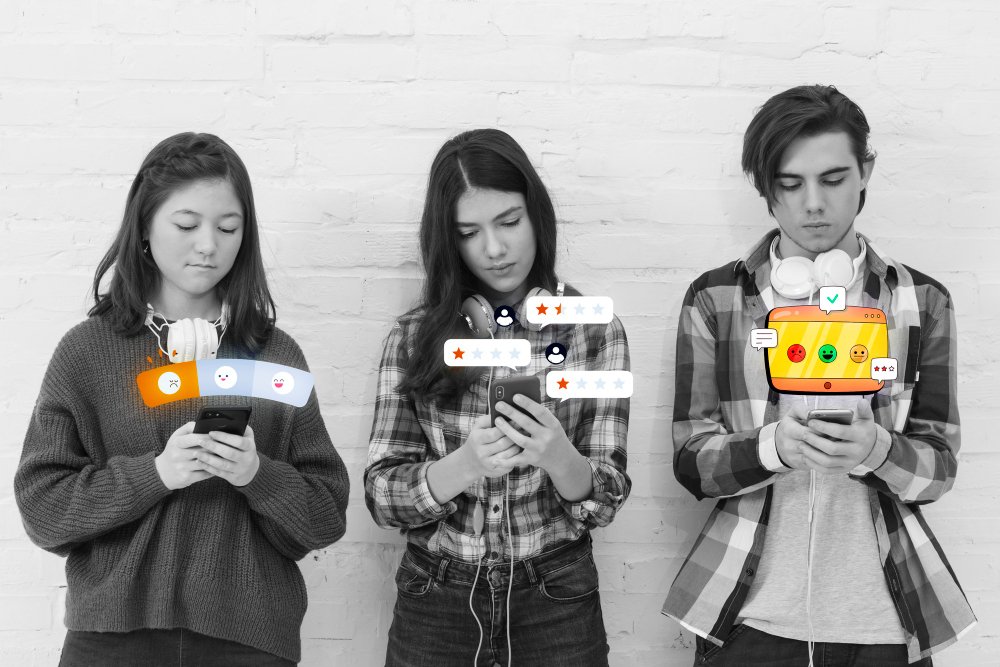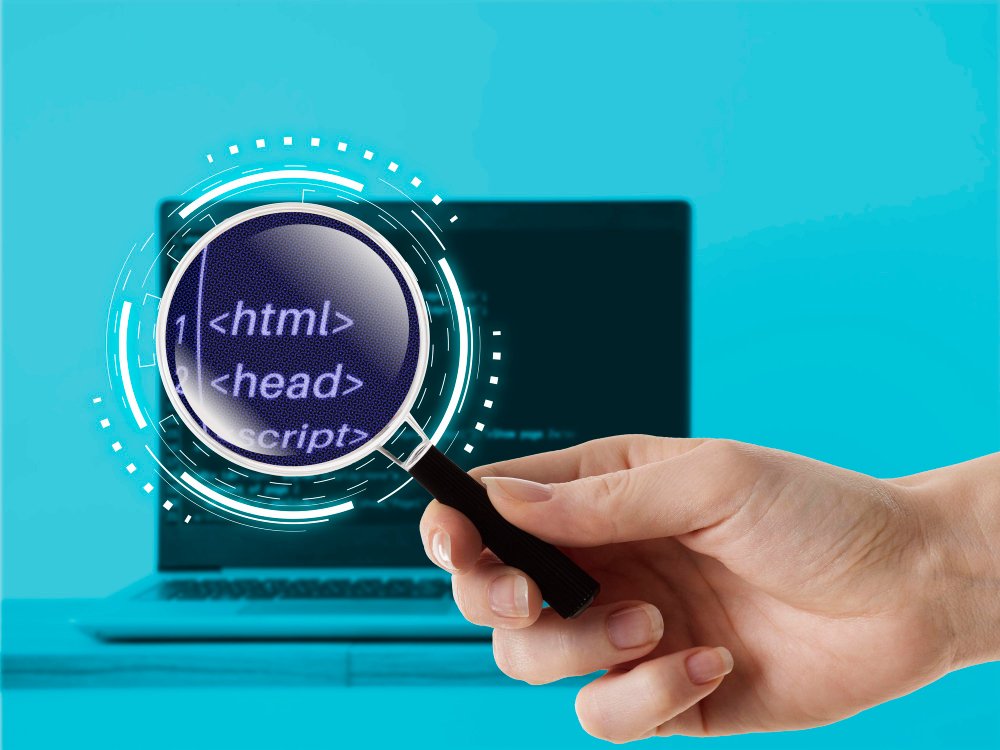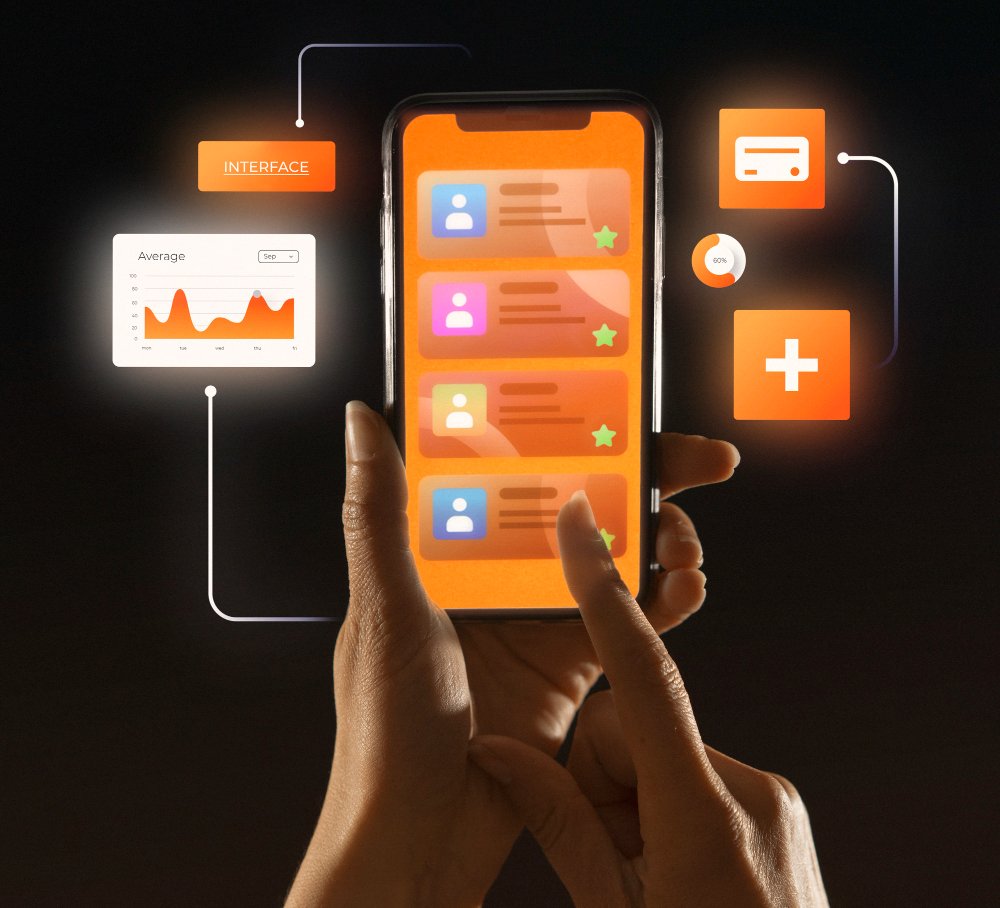Healthcare is undergoing a massive transformation, shifting from generalized care models to more personalized, patient-centered approaches. At the core of this evolution is Artificial Intelligence (AI), a technology that enables healthcare providers to design treatments tailored to individual patients. By analyzing vast datasets and uncovering patterns invisible to human eyes, AI is helping doctors make smarter decisions, predict outcomes, and improve the overall quality of care.
The Evolution of Personalized Healthcare
For decades, traditional treatments followed the one size fits all model. Patients with similar symptoms received the same medication or therapy. However, every patient is unique. Factors like genetics, lifestyle, environment, and medical history significantly influence how people respond to treatments. This realization has fueled the demand for personalized healthcare, where medical decisions and therapies are designed for each individual rather than the average population.
AI has become the catalyst for this shift, transforming personalization from an aspiration into a practical reality.
Data: The Foundation of Personalization
Modern healthcare produces an enormous amount of data ranging from electronic health records and diagnostic images to genetic sequencing and real time wearable data. Traditionally, this data was fragmented and underutilized. AI changes that by:
- Integrating diverse data sources into a unified view of a patient
- Identifying hidden patterns that can predict risks or outcomes
- Providing actionable recommendations for treatments and lifestyle adjustments
For example, AI can detect subtle indicators of diseases in imaging scans that even trained professionals might miss, leading to earlier diagnosis and timely interventions.
Dynamic and Adaptive Treatment Plans
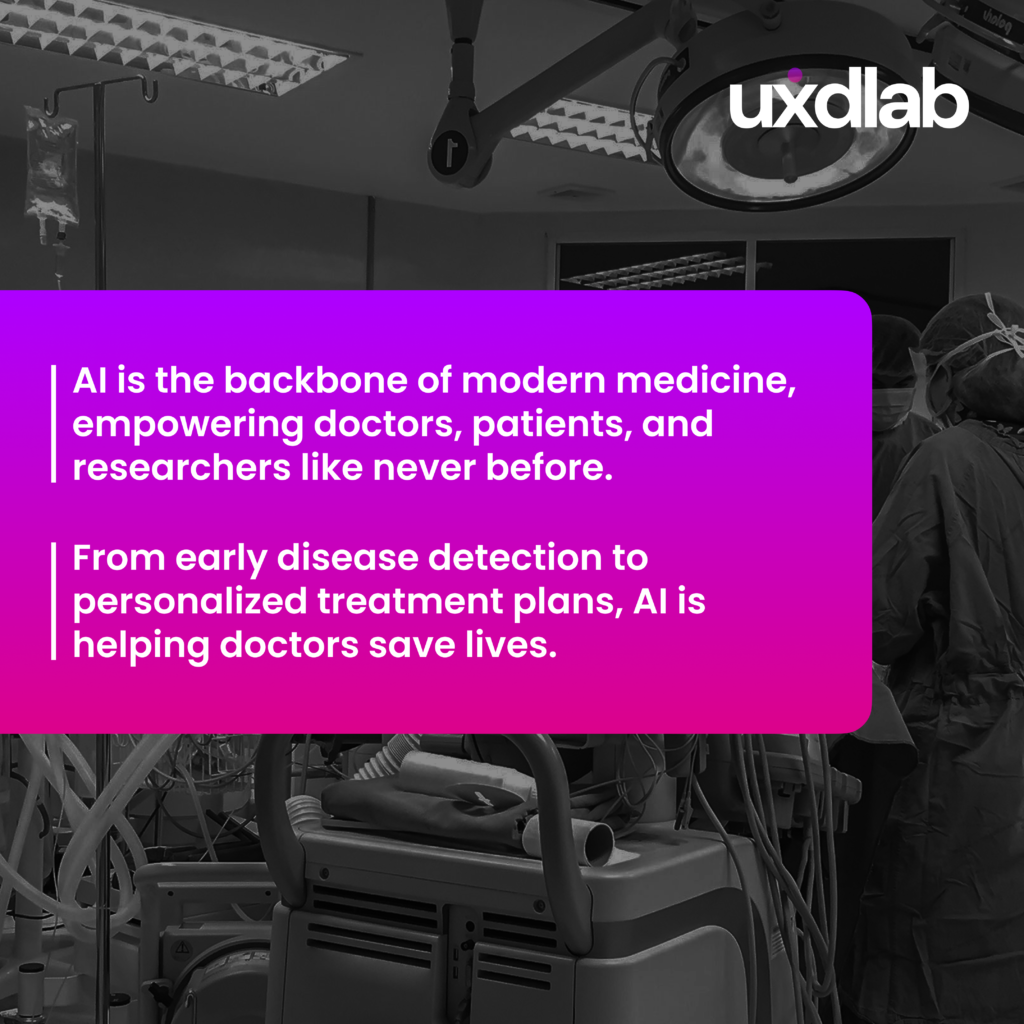
One of AI’s greatest strengths lies in its ability to adapt treatments in real time. Using data from wearable devices, mobile health apps, and IoT sensors, AI systems continuously monitor vital signs, activity levels, sleep patterns, and even stress indicators.
If a patient’s health metrics deviate from expected patterns, AI can:
- Alert doctors for early intervention
- Adjust medication dosage automatically in AI enabled systems
- Recommend lifestyle changes instantly
This continuous feedback loop ensures that treatments are personalized, precise, and proactive rather than reactive.
Mental and Behavioral Health Personalization
Personalization is not limited to physical illnesses. AI is also making strides in mental healthcare.
- AI powered apps can track speech patterns, mood fluctuations, and behavioral data
- Chatbots and virtual assistants provide 24/7 support, offering coping strategies and mindfulness exercises
- Predictive analytics can flag early signs of mental health deterioration, allowing timely professional intervention
This makes care more accessible, discreet, and tailored to individual emotional needs.
Benefits of AI Driven Personalization
The advantages of AI in personalized healthcare extend to both patients and providers:
- Improved outcomes: Treatments are more effective when tailored
- Fewer side effects: Patients avoid unnecessary trial and error approaches
- Cost savings: Optimized treatments reduce hospital readmissions and wasted resources
- Higher engagement: Patients feel empowered and actively participate in their health journey
Challenges to Address
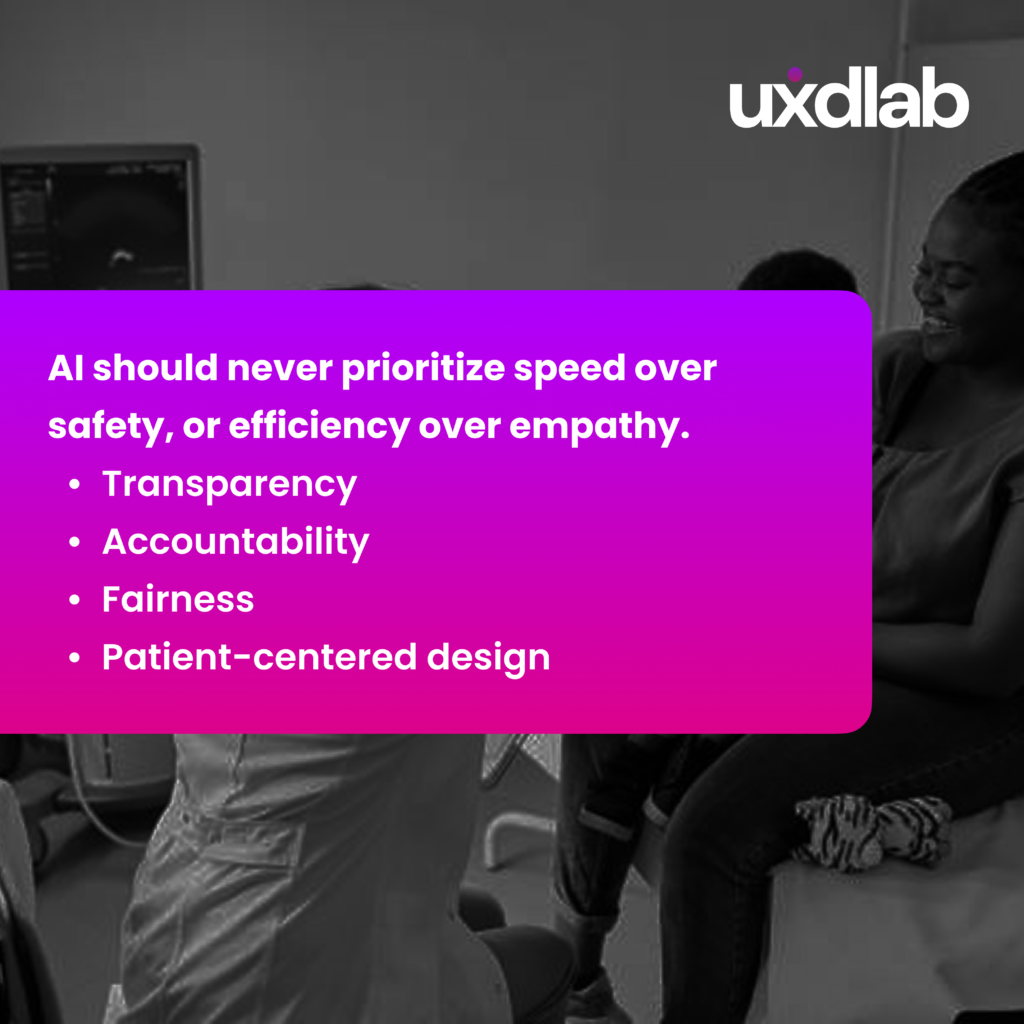
While promising, AI powered personalization is not without challenges:
- Protecting sensitive patient data
- Maintaining transparency in AI driven decisions
- Ensuring fairness and avoiding bias in treatment recommendations
- Building trust among patients and practitioners
The Future of Personalized Healthcare
The integration of AI into healthcare marks the beginning of a more proactive and precise medical era. Future innovations could include:
- Fully AI driven digital twins of patients that simulate how they would respond to treatments before trying them in real life
- AI enabled remote monitoring systems that predict potential health risks days before symptoms appear
- Advanced robotics working alongside doctors to deliver minimally invasive, highly tailored surgeries
These innovations will not replace human expertise but augment it, giving doctors sharper tools to deliver better care.
AI is not just a supporting tool, it is a driving force behind the move toward personalized healthcare treatments. By turning raw data into actionable insights, AI empowers doctors to deliver smarter, more precise, and patient specific care. The future of healthcare lies in the partnership between human compassion and machine intelligence, creating a system where every treatment is as unique as the patient receiving it.
How UXDLAB can help
From intuitive patient engagement platforms to AI driven analytics and custom healthcare applications, we help organizations harness the true potential of technology.
If you are looking to integrate AI into your healthcare solutions and create personalized experiences for patients, partner with UXDLAB today. Together, we can design digital innovations that improve care, reduce costs, and shape the future of healthcare.





































